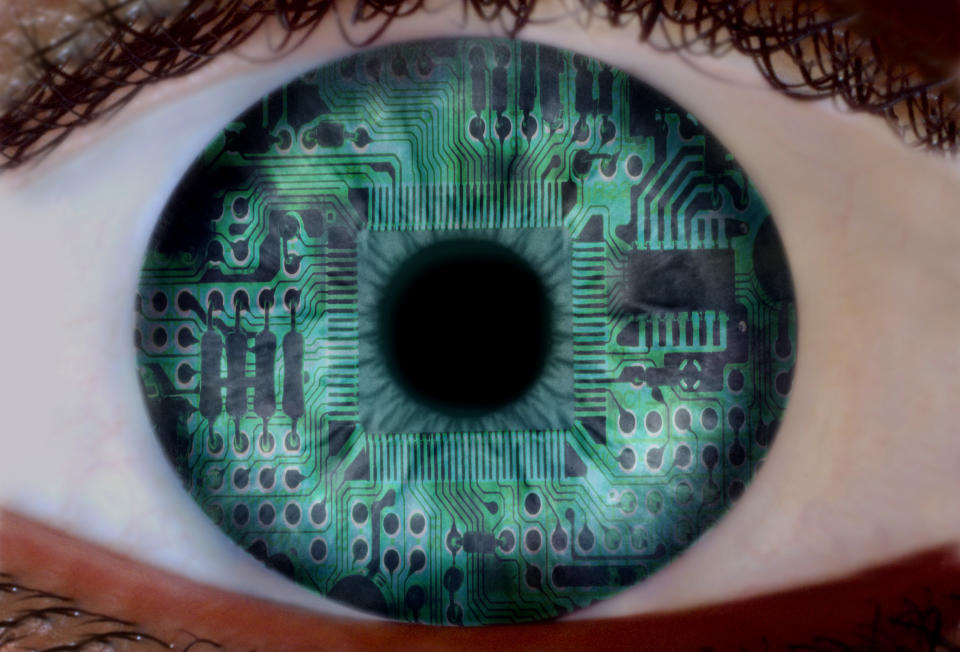Beware the Hype of Artificial Intelligence

Artificial intelligence has made great strides in the past few years, but it’s also generated much hype over its current capabilities.
That’s one takeaway from a Friday panel in San Francisco involving leading AI experts hosted by the Association for Computing Machinery for its 50th annual Turing Award for advancements in computer science.
Michael Jordan, a machine learning expert and computer science professor at University of California, Berkeley, said there is “way too much hype” regarding the capabilities of so-called chat bots. Many of these software programs use an AI technique called deep learning in which they are “trained” on massive amounts of conversation data so that they learn to interact with people.
Get Data Sheet, Fortune’s technology newsletter.
But despite several big tech companies and new startups promising powerful chat bots that speak like humans when prodded, Jordan believes the complexity of human language it too difficult for bots to master with modern techniques like deep learning. These bots essentially perform parlor tricks in which they respond with comments that are loosely related to a particular conversation, but they “can’t say anything true about the real world.”
“We are in era of enormous hype of deep learning,” said Jordan. Deep learning has the potential to change the economy, he added, but “we are not there yet.”
Also in the panel, Fei-Fei Li, Google’s goog machine learning cloud chief and Stanford University Professor, said “We are living in one of the most exciting and hyped eras of AI.” Li helped build the ImageNet computer-vision contest, which spurred a renaissance in AI in which researchers applied deep learning to identify objects like cats in photos.
But while everyone talks about ImageNet’s success, “we hardly talk about the failures,” she said, underscoring the hard work researchers have building powerful computers that can “see” like humans.
For more about technology and finance, watch:
Still, Li is excited that current AI milestones will eventually lead to more breakthroughs that will touch every single industry, like healthcare. “We are entering a new phase in AI,” she said.
What will help usher more breakthroughs in deep learning will be the continuing advancements in powerful computing hardware, like Nvidia’s GPUs that make it possible to crunch tremendous amounts of data faster than ever, explained Ilya Sutskever, the research director of Elon Musk-backed AI research group OpenAI. Deep learning will keep booming in tandem with advancements in computing hardware that shows no signs of slowing down.
“Compute has been the oxygen of deep learning,” Sutskever said.

 Yahoo Finance
Yahoo Finance 